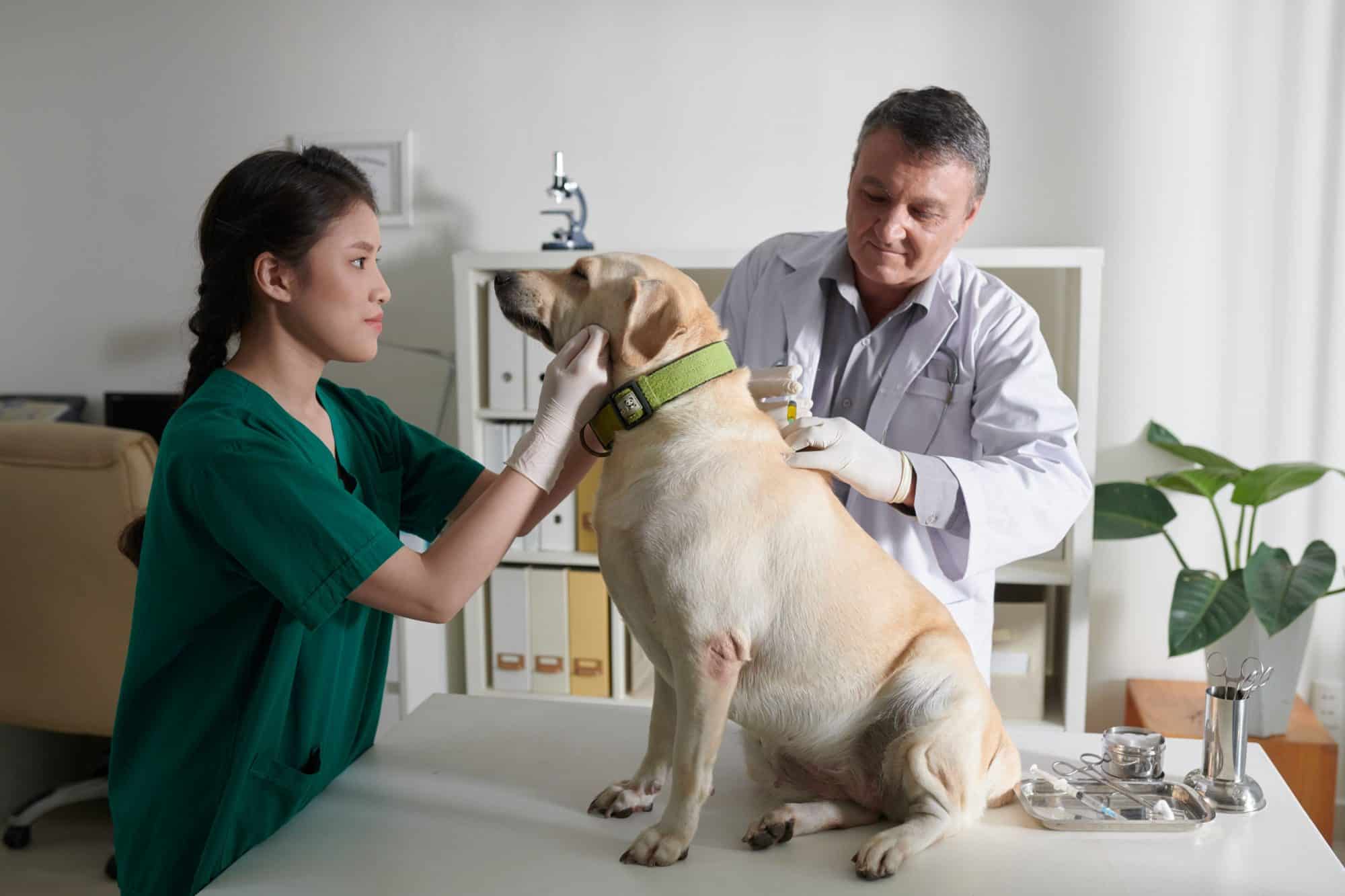When you visit a vet clinic in San Antonio and Castle Hills, TX, asking the right questions can improve your pet’s health. You hold the key to understanding your pet’s needs. Begin by focusing on your pet’s current health. Inquire about their diet, exercise, and any noticeable changes. These questions guide the conversation and ensure your pet receives personalized care. Next, focus on preventive measures. Vaccinations and regular check-ups prevent future health issues. Also, ask about common health concerns specific to your pet’s breed or age. This knowledge empowers you to make informed decisions. Lastly, discuss emergency protocols. Knowing what to do in urgent situations can save your pet’s life. By asking these questions, you ensure your pet’s well-being and build a trusting relationship with your vet. This approach leads to better care and peace of mind. Your pet deserves the best care possible.
Understanding Your Pet’s Current Health
Your pet cannot speak, but you can observe changes and discuss them with the vet. Ask about:
- Diet suitability for your pet’s age and breed
- Recommended exercise routines
- Behavioral changes to watch for
These questions provide insights into maintaining your pet’s well-being. For more detailed information, visit the American Veterinary Medical Association.
Preventive Care: Keeping Your Pet Healthy
Preventive care is key. Vaccinations and regular check-ups are crucial. Ask about:
- Vaccination schedules
- Preventive treatments for parasites
- Dental care recommendations
Check-ups can catch issues early, leading to easier treatments. Knowing this, you can take proactive steps to enhance your pet’s life.
Breed and Age-Specific Concerns
Each breed and age group has unique health considerations:
| Aspect | Puppies | Adult Dogs | Senior Dogs |
| Common Concerns | Growth issues, vaccinations | Weight management, dental care | Arthritis, vision problems |
Discuss breed-specific concerns with your vet. This knowledge allows you to anticipate and prevent medical issues. The Centers for Disease Control and Prevention offers additional resources on pet health.
Emergency Protocols: Be Prepared
Emergencies are unpredictable. Knowing what to do can save your pet’s life. Ask your vet about:
- Signs of common emergencies
- First-aid kit essentials
- 24-hour emergency service contacts
This preparation ensures you stay calm and act quickly when it matters most.
Building Trust with Your Vet
A strong relationship with your vet benefits your pet. Your vet should know your pet’s history and be someone you trust. Regular communication and follow-ups foster this relationship. Ensure you understand the recommendations given and ask for clarifications when needed. This partnership supports your pet’s health journey.
Conclusion
Visiting the vet is more than a routine task. It is a proactive step in caring for your pet. By asking the right questions, you ensure comprehensive care and establish a solid foundation for your pet’s health. Remember, your engagement and vigilance play a crucial role in your pet’s well-being. Your pet deserves nothing less than the best care and attention.
